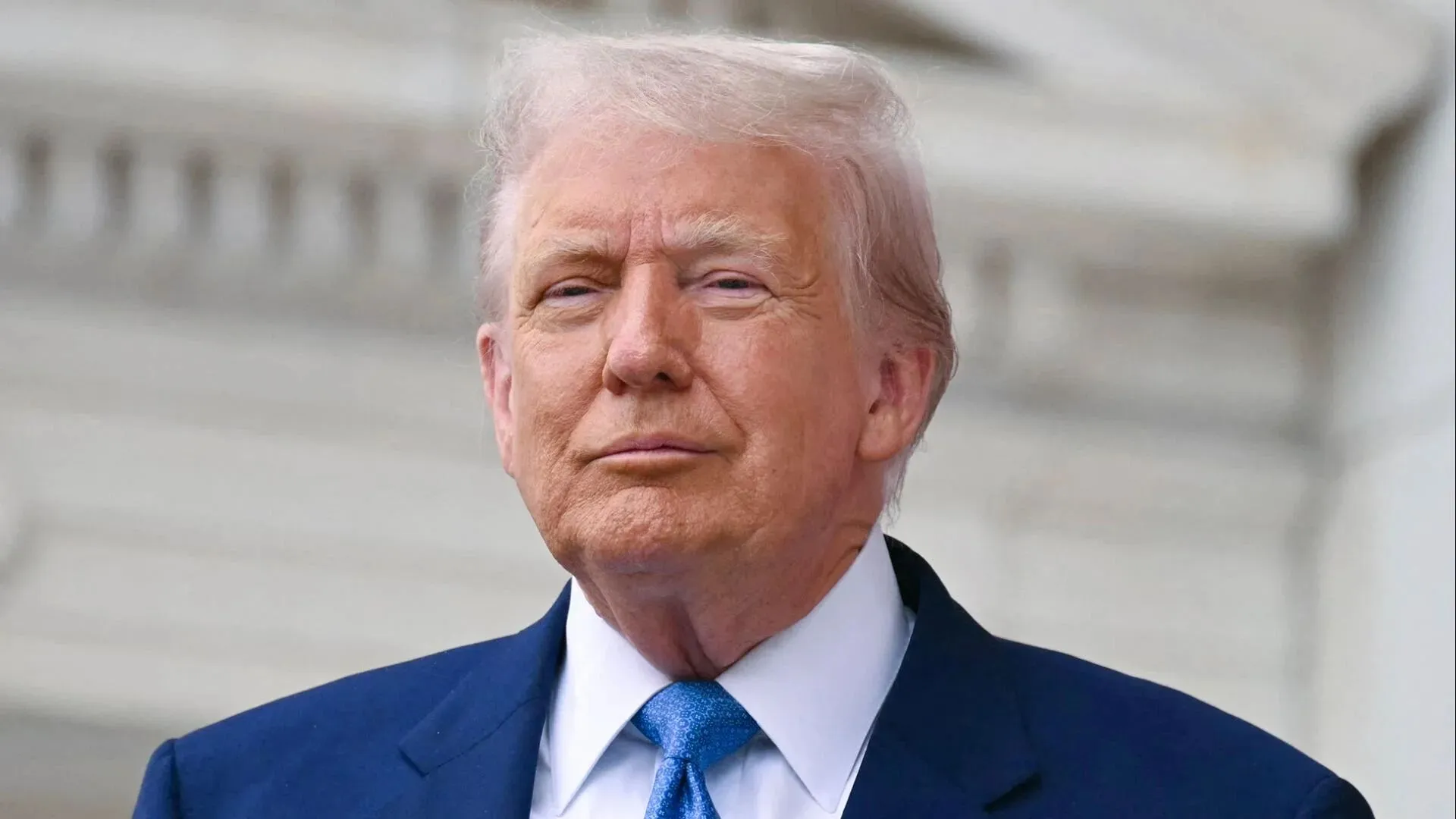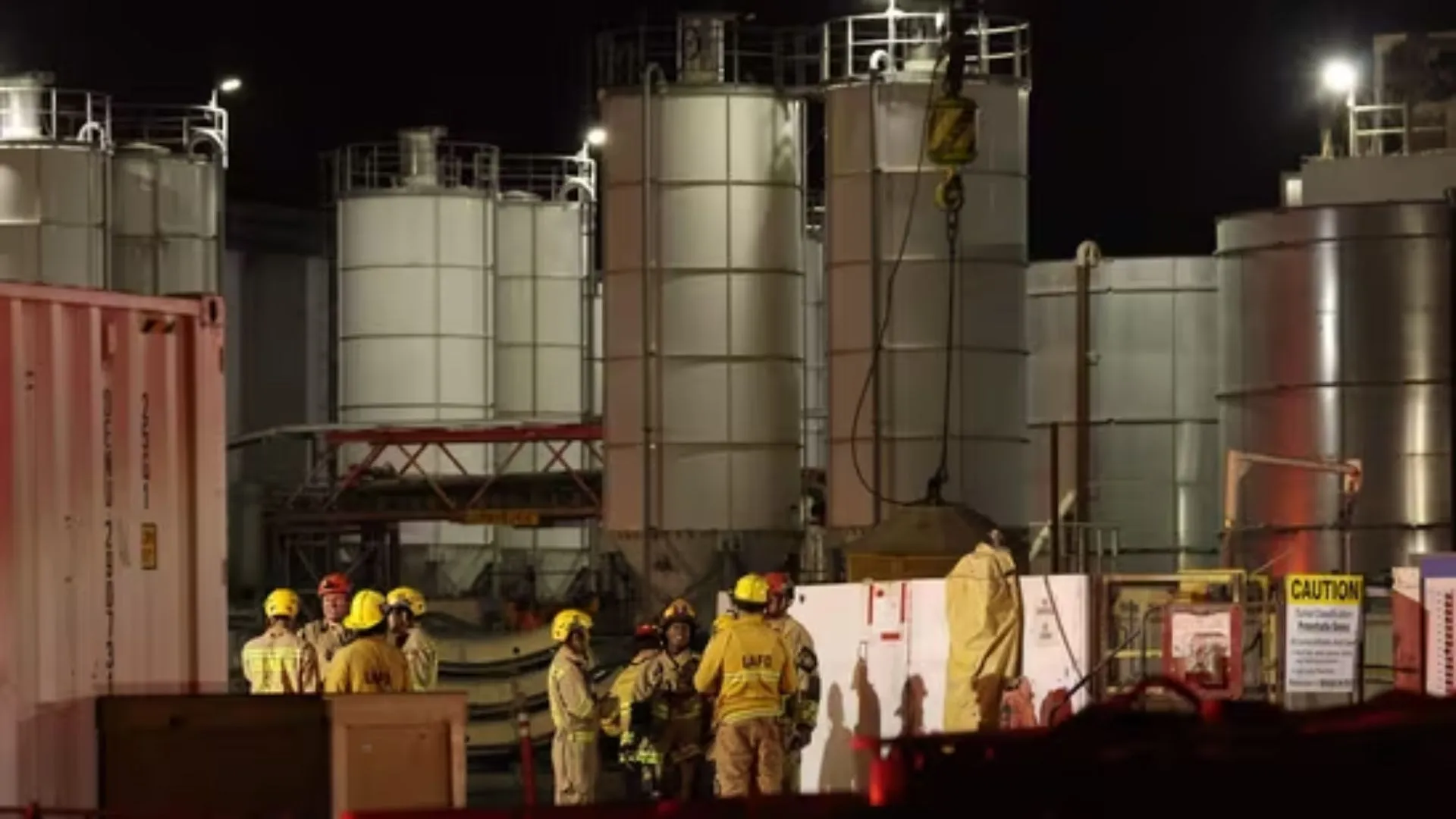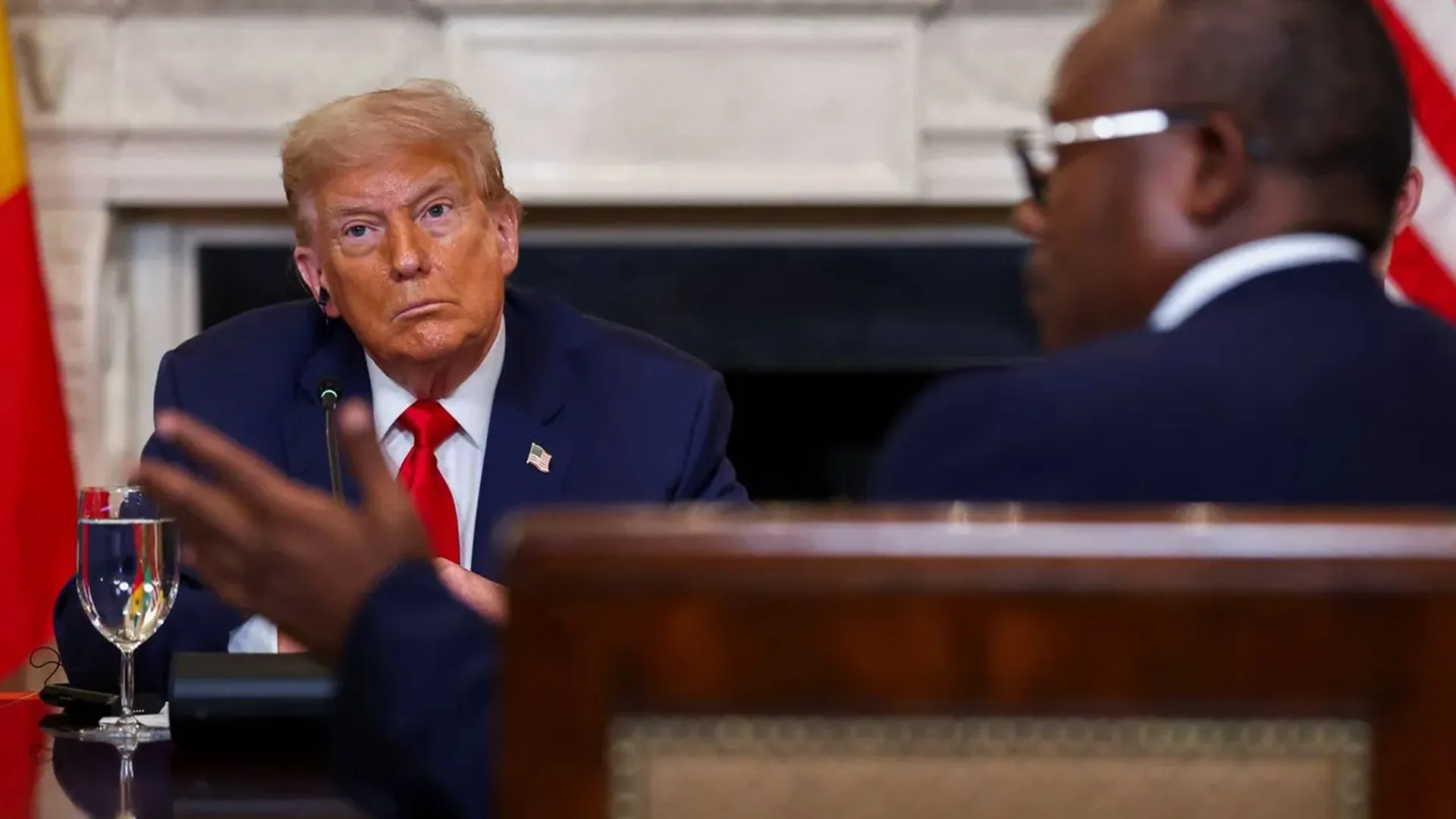Following a violent incident in Colorado targeting a pro-Israel rally, US President Donald Trump has enacted a broad new travel proclamation restricting entry from 19 countries, citing pressing national security threats.
The action followed hard on the heels of an Egyptian protester burning peaceful protesters demanding the release of Israeli hostages in Gaza. Citing the event in his statement on Truth Social, Trump referred to it as a motivating factor in the move.
Who Is Affected by the Travel Ban?
Twelve nations are now subject to an outright entry prohibition: Afghanistan, Myanmar, Chad, the Republic of the Congo, Equatorial Guinea, Eritrea, Haiti, Iran, Libya, Somalia, Sudan, and Yemen.
Partial visa bars have also been placed on seven others: Burundi, Cuba, Laos, Sierra Leone, Togo, Turkmenistan, and Venezuela, affecting both immigrant and non-immigrant visa classes such as B-1, B-2, F, M, and J.
In a statement released by the White House, the countries were considered ‘deficient with respect to screening and vetting and were determined to present a very high risk to the United States’.
Watch:
Security Risks and Terror Connections
The administration credits the policy to security threats associated with terrorism, extremism, and destabilized regimes.
Afghanistan, since 2021 under the control of the Taliban, continues to be a hotbed of extremist activity. Both Iran and Cuba are State Sponsors of Terrorism designated by the US Department of State. Yemen, Somalia, Libya, and Sudan host groups like Al-Qaeda, Al-Shabaab, and the Houthis, who remain responsible for their instability and beyond.
Trump supported the order in these words, We can’t have open migration from any nation where we can’t safely and reliably vet and screen… That’s why today I’m signing a new executive order imposing travel bans on nations like Yemen, Somalia, Haiti, Libya, and many more.”
Fragile States and Screening Failures
Most of the countries under blanket prohibition are characterized by deep institutional vulnerabilities, making genuine background checks virtually impossible. The 2024 Fragile States Index lists some of these countries among the world’s most fragile:
- Somalia (Rank 1): Governance and border management have been disabled by civil war and domination by Al-Shabaab militants.
- Yemen (Rank 2): Decades-long conflict have devastated infrastructure and made national registries useless.
- Sudan (Rank 5): Military conflict has destroyed institutions.
- Congo (DRC) (Rank 6): Widespread armed insurgencies and poor governance make screening difficult.
- Chad (Rank 8): Weak border control and state fragility complicate vetting.
- Afghanistan (Rank 9): The government of the Taliban since 2021 has destroyed legal systems and international relations.
- Libya (Rank 16): Fragmented rule and militia authority complicate screening.
Other nations on the list, including Eritrea, Myanmar, Equatorial Guinea, and Haiti, are also listed for authoritarian rule, non-cooperation, or shattered institutional structures.
- Eritrea is isolated and provides little external cooperation.
- Myanmar has been insecure since its 2021 coup.
- Equatorial Guinea is plagued by chronic corruption.
- Haiti is trapped in gang violence and political breakdown.
White House press secretary Abigail Jackson said the executive order is being done to keep Trump’s campaign promise to ‘protect Americans from dangerous foreign actors that want to come to our country and harm us’.
Visa Overstays and Violations
The seven targeted countries also had high rates of visa overstay and noncompliance with US immigration law.
49.54% of B1/B2 visas were overstay rates for Chad.
Eritrea recorded an overstay rate of 55.43% in exchange and student categories.
Other countries, such as Laos, Togo, Cuba, and Venezuela, were reported for lack of adequate cooperation with US government officials and weak enforcement of visas.
Whispers of 2017 Travel Ban
This new executive order closely resembles Trump’s ill-fated 2017 travel ban, which aimed at a handful of Muslim-majority nations and was subsequently revoked by President Biden in 2021. The president called the original policy ‘a stain on our national conscience’ before it came to pass.
Embracing his tough line, Trump said, “We will bring back the travel ban, folks, call it the Trump travel ban, and keep out of our country the radical Islamic terrorists that were kept out by the Supreme Court.”
While officially billed as a national security measure, the new ban combines terrorism, failing states, and compliance with immigration all around Trump’s ‘America First’ agenda. The order is effective at 12:01 a.m. on June 9, potentially leaving travelers, students, and families from targeted countries stranded in a new tide of uncertainty.






















